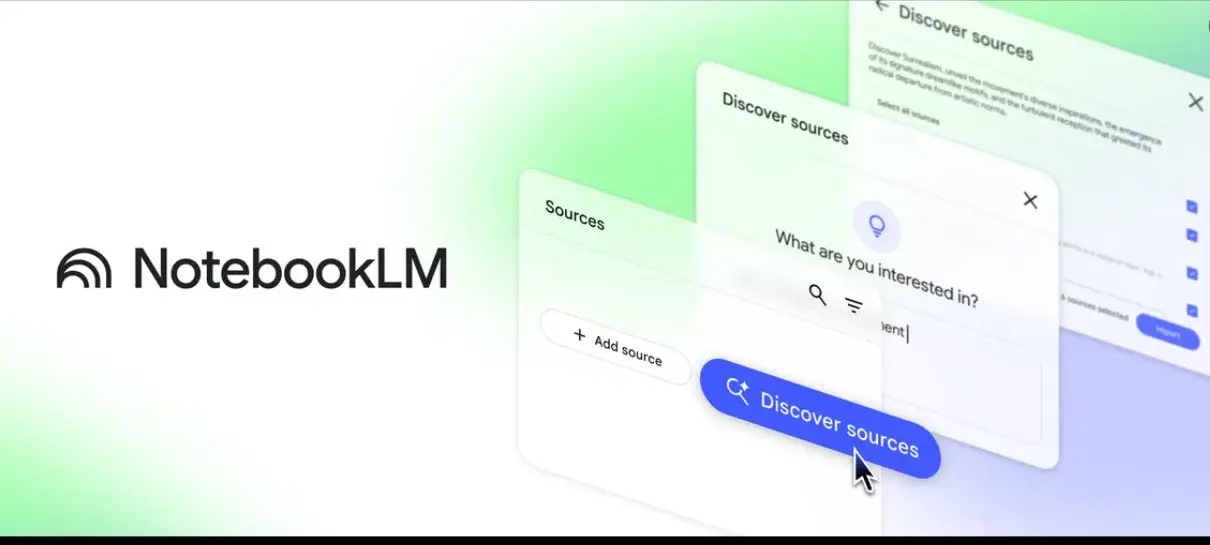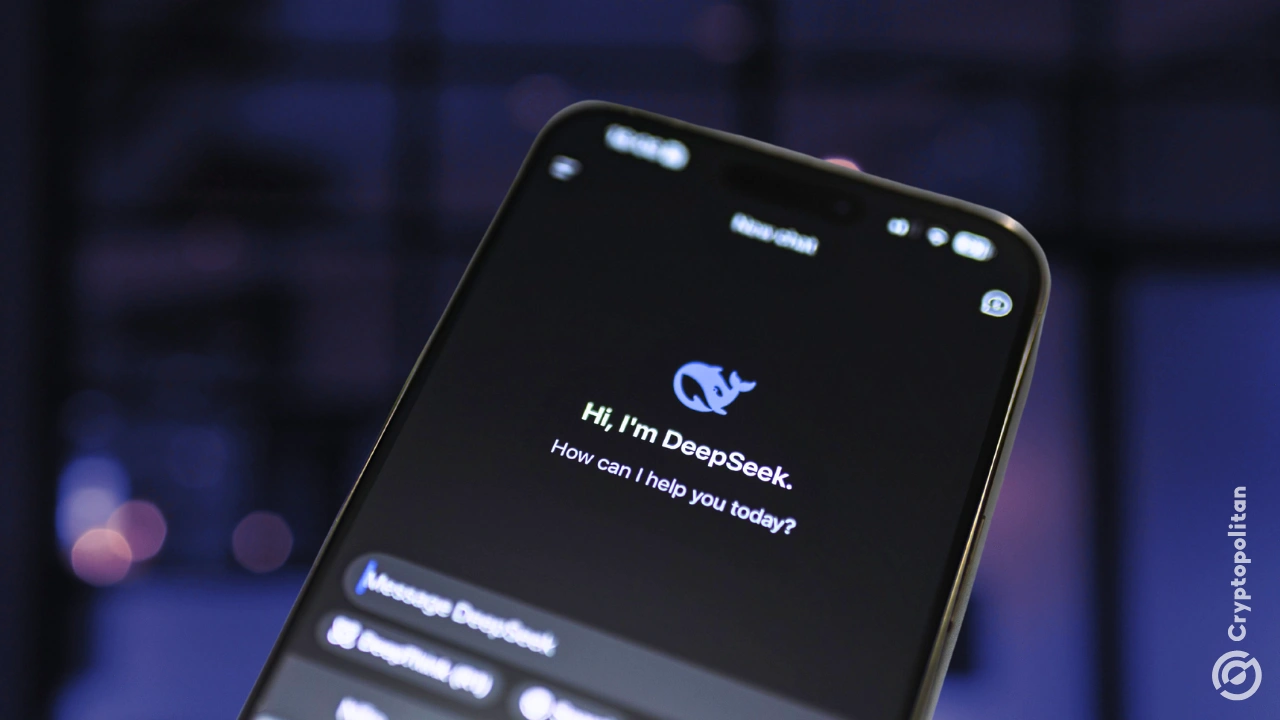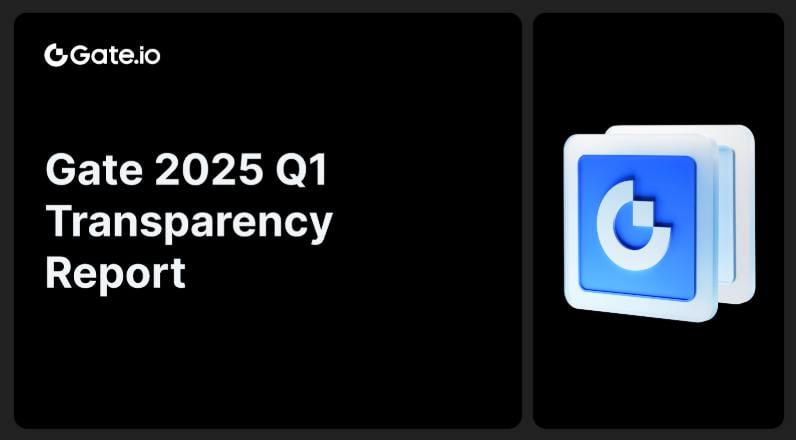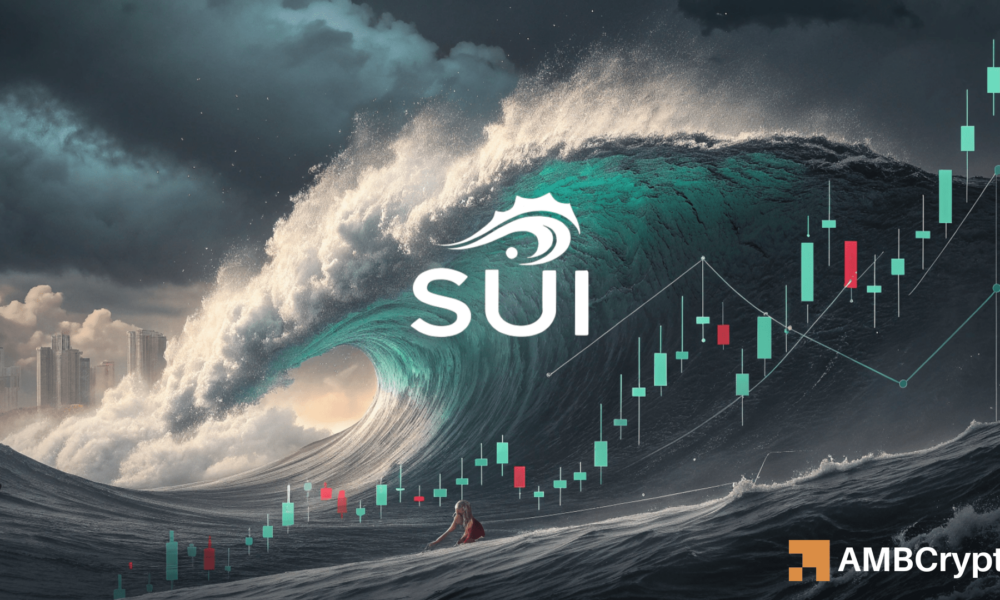Google introduced a new feature on NotebookLM on April 2 to help users access relevant sources on different topics more easily through summary and narration. The tech giant explained that the NotebookLM Discover Sources option would analyze hundreds of web sources based on the information provided by users on a topic before summarizing them to up to 10 most relevant sources. Google further highlighted that the option would also describe the sources’ relevance to the topic.
The company explained the past shortcomings of the Google AI note-taking tool, mentioning the need for users to manually input web sources for their projects before the Discover feature. Google insisted that the feature was a fast and easy way for NotebookLM users to access relevant reading material, grasp new concepts, and add the sources to the note-taking tool in one click.

The announcement further revealed that the feature would be usable alongside other NotebookLM features, including FAQs, Briefing Docs, and Audio Overviews. The added sources to the AI tool will remain on NotebookLM, allowing users to read original material, use the tool’s citations, and ask questions through the tool’s chat. New NotebookLM users will also access an additional “I’m Feeling Curious” feature. The feature will allow the generation of sources for a random topic, displaying the Discover feature’s ability.
Google also pointed out that NotebookLM’s Discover Sources option was the first feature of the note-taking tool to leverage Gemini’s power to find the sources of topics on the web. The company added that the feature, which started rolling out on Wednesday, would take approximately a week to be available to all users.
NotebookLM’s co-founder discusses other features of the tool
Input: 8,000 quotes from books I've read + complete text of 7 books I've written.
Output: @NotebookLM's new Mind Map, now live for all users.
Takes 20 seconds to generate. Click on a concept and you get a detailed overview w/ citations.
It's a table of contents for my brain. pic.twitter.com/YJFcWiVeq7
— Steven Johnson (@stevenbjohnson) March 27, 2025
NotebookLM’s co-founder and Editorial Director, Steven Johnson, spoke in an exclusive Forbes interview about the new NotebookLM features, explaining in depth how users could benefit from them. Johnson also touched on other features besides the Discover Sources and “I’m Feeling Curious.” In his opinion, the new features enhanced the note-taking tool’s strengths while maintaining NotebookLM’s ability to analyze content, point out web sources’ inconsistencies, and boost user creativity.
The NotebookLM co-founder introduced Mind Maps, revealing the feature’s ability to take all the sources produced on the note-taking tool to create a ‘visual concept map.’ Johnson insisted that Mind Maps used the information in the sources provided, laying it out in an interactive manner. The Google executive further stated that users could click on specific items on the map to reveal subcategories on the topics. Johnson assured that the subcategories would be helpful in posing questions on the NotebookLM chat.
The Google executive also admitted his initial skepticism toward mind maps from other experiences. Johnson still praised the product design of the NotebookLM Mind Maps, calling the layout ‘clever.’ The NotebookLM co-founder further stated that the feature was powerful by providing users access to original material through one click only.
Google changes its AI division leadership
An April 2 Reuters report revealed that the search engine giant was replacing Sissie Hsiao, the head of Gemini App’s development, with Google Labs head Josh Woodward, according to a company memo released to the AI department. The report further highlighted that a Google spokesperson confirmed that the Gemini App head would immediately step down from the position. Hsiao reportedly wished to take a break from the tech company and join later in a new role.
Woodward led the NotebookLM launch in 2023 and is also known for his role in creating new prototypes for Google consumer products, including the experimental AI agent Project Mariner. Google DeepMind’s CEO Demis Hassabis reportedly said that the replacement would help evolve the Gemini App. Woodward will remain the head of Google Labs while handling the next Gemini chapter.
Hsiao also allegedly stated that she had handled the first chapter of Gemini while Woodward would proceed with the second chapter. The former Gemini App lead played a crucial part in the rollout of Google’s AI tools after ChatGPT’s launch. The former Google executive had been in the company for 19 years before her recent exit.
Hassabis, Hsiao, and Woodward have not yet commented on the issue, leading to speculations about the reasons behind her step down. Some speculations cited the ‘hallucinations’ in the Gemini App as the top reason behind her exit. Hsiao’s exit also came despite Google’s recent launch of its most intelligent AI model yet, the Gemini 2.5 model.
Cryptopolitan Academy: Tired of market swings? Learn how DeFi can help you build steady passive income. Register Now
















No comments yet